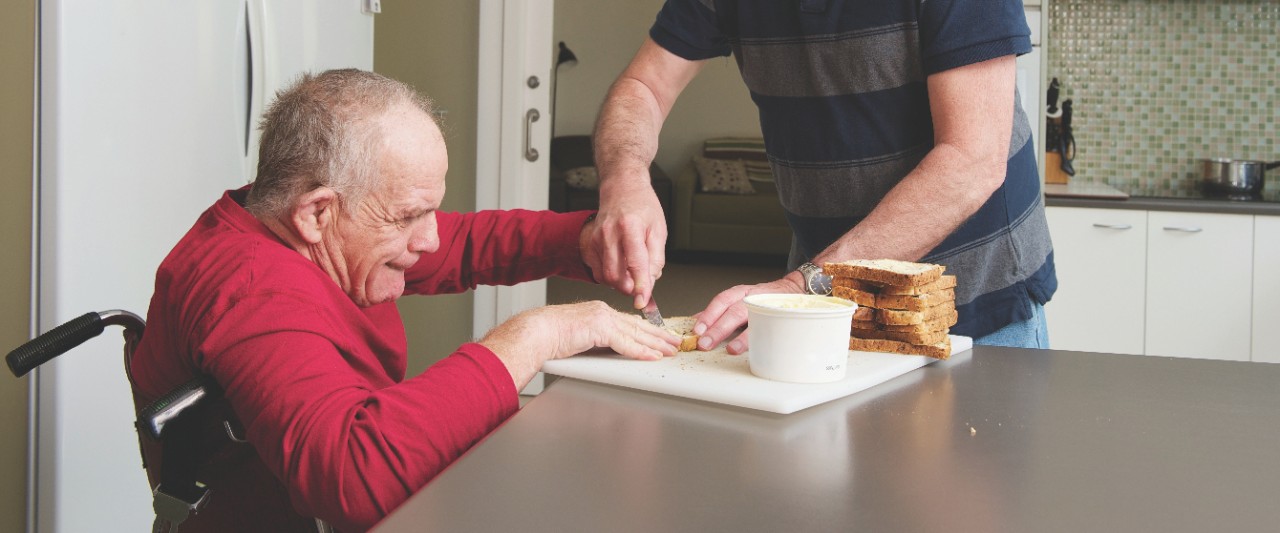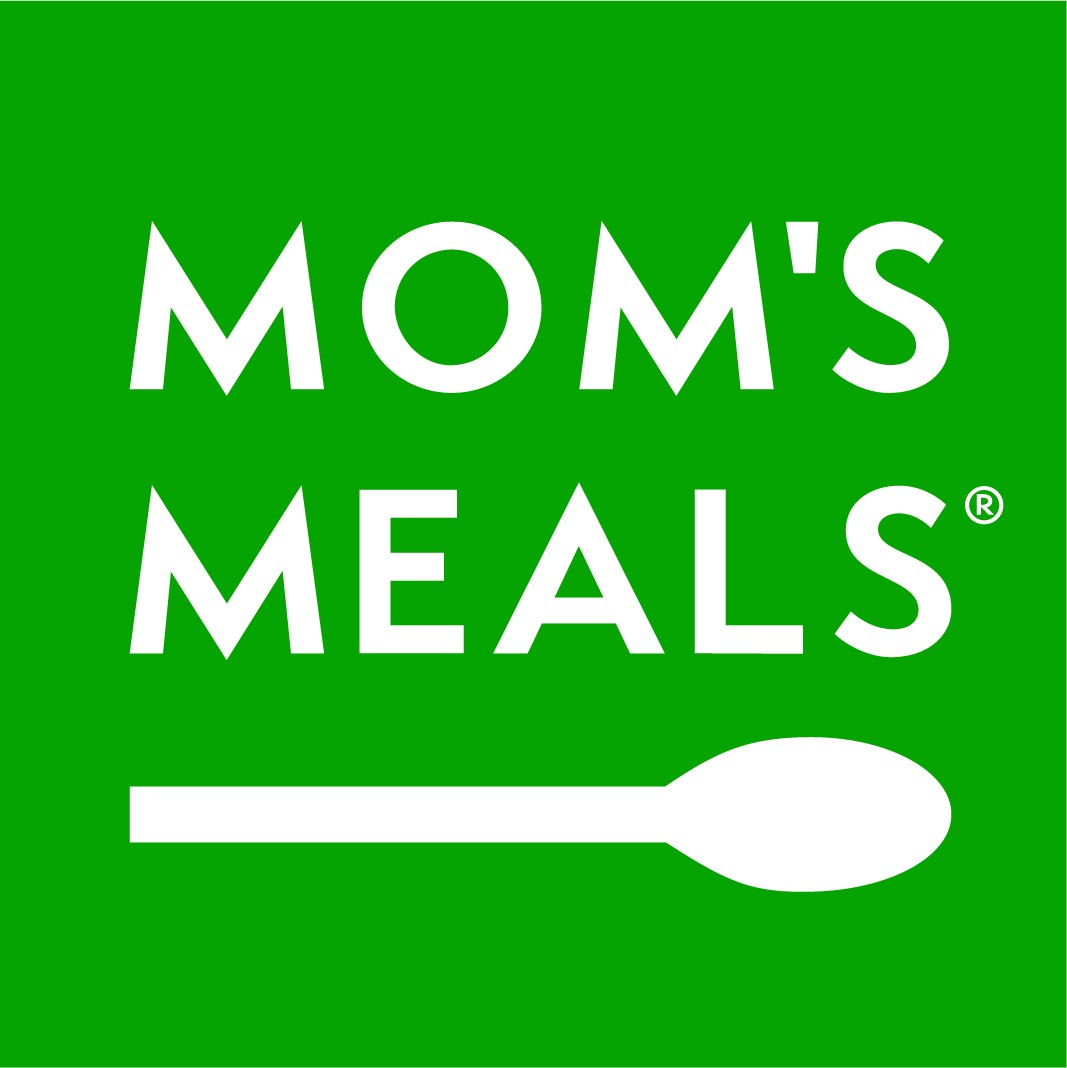
The opportunity
The issue of malnutrition is common and can adversely affect quality of care, clinical outcomes, and costs. By one estimate, health care costs are 1.5 times higher for food-insecure individuals.¹ According to the Academy of Nutrition and Dietetics, it is estimated that at least one-third of individuals arrive at the hospital malnourished and, if left untreated, many of those patients will continue to decline nutritionally, which may adversely impact their recovery and increase their risk of complications and readmission.² National, state, and local strategies that promote access to coordinated food and nutrition services are essential to maintain independence, functional ability, disease management, and quality of life. Home-delivered meals can help to address food access concerns and other social determinants of health (SDOH) particularly for individuals after discharge from an acute stay, which can be a critical time when many are unable to prepare their own meals.
The innovation
Since 2018, UnitedHealthcare has engaged in pilot demonstrations of the Mom’s Meals® program for eligible populations based on clinical criteria in various markets for post-discharge and chronic condition meal delivery. The program provides home-delivered meals to high-need individuals who are most likely to suffer negative health outcomes post-discharge. In those areas where the program is available, condition-specific meals—selected by members with help from their case manager—are delivered to the member’s home after hospital discharge. Case managers use clinical judgement to determine the appropriate number of meals and length of time for meal delivery on a case-by-case basis, but standard meal delivery is 14 meals (two meals a day for seven days) post-discharge. The program has a variety of menu items to support needs for chronic conditions surrounding lower sodium, heart-friendly, diabetes-friendly, renal-friendly, gluten-free, cancer support, vegetarian and pureed items. Refrigerated meals are shipped to the member in a temperature controlled cooler and are ready to heat-and-eat.
1Adequacy of and Satisfaction with Delivery and Use of Home-Delivered Meals Published in final edited form as: J Nutr Elder. 2010 April; 29(2): 211–226. Reducing Readmissions
2Department of Food Science and Human Nutrition, University of Illinois at Urbana-Champaign, Urbana, Illinois (The Academy of Nutrition and Dietetics).
97% of our clients say they eat healthier and more regularly with Mom’s Meals
96% of meal program recipients say they eat all of the meals that they receive from Mom’s Meals
83% of our clients choose every meal when placing their order with Mom’s Meals
Reference: 2018 Mom's Meals Annual Customer Survey
The outcomes
UnitedHealthcare has partnered with Mom’s Meals due to their evidence-based research that indicates case manager interaction and meal delivery lowers 30-day readmissions and improves member independence at home. Our health plans have a methodology for monitoring program metrics and outcomes. Early indicators show that members who are approached about case management are more engaged when the meal delivery option is part of the conversation.
Specifically, from data captured from both national and regional plans, the addition of Mom’s Meals to an overall program shows strong results. For example, after implementing a 90-day meals benefit among Medicaid members, one plan saw a 45% drop in readmissions. A regional plan was able to decrease A1c levels by over 3% in a 90-day period after implementing Mom’s Meals among their member population with uncontrolled diabetes, gestational diabetes, or hypertension.


“ Thank you for the meals you provided when I returned home from my hospital stay. I would not have been well enough to shop or prepare meals on my own.”
In one health plan, a member called to thank the health plan stating that they would not have been well enough to get groceries to prepare meals after returning from the hospital.

“ You’re an angel. There’s no other way to describe it. You came at the perfect time.”
In another health plan, a member called their case manager crying tears of joy after we arranged to deliver meals for one month, which was the length of time it took to get the member established with local community food support.